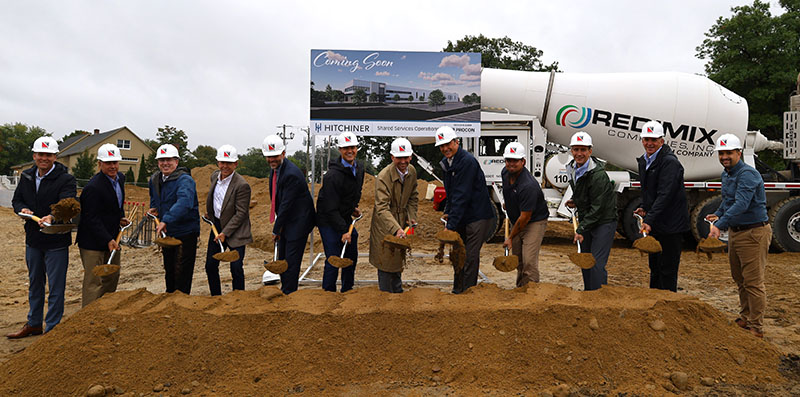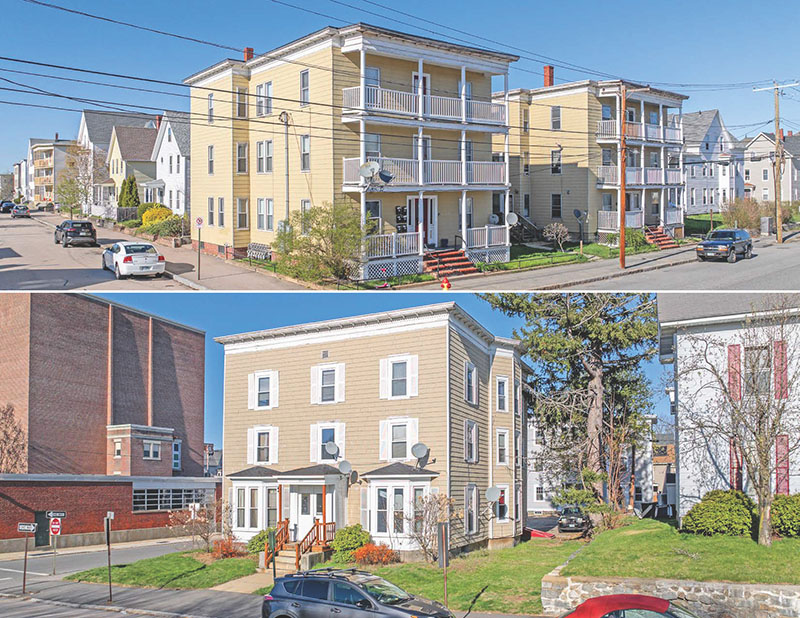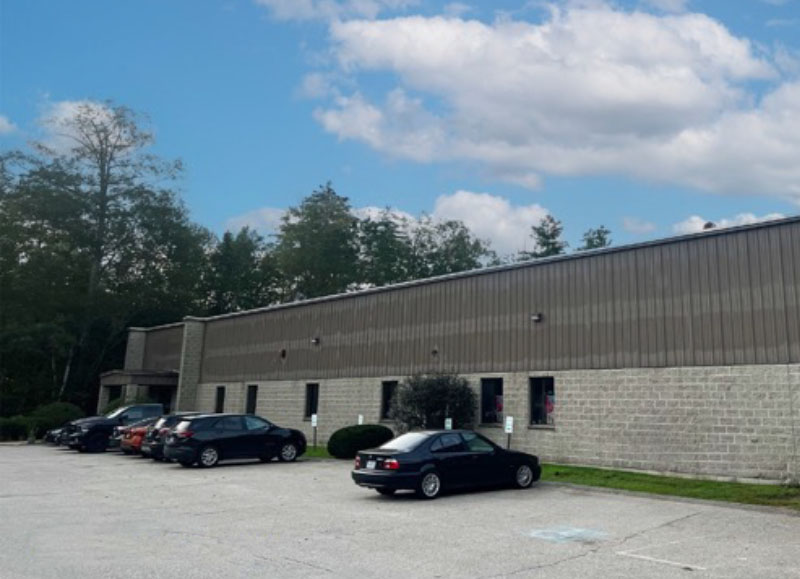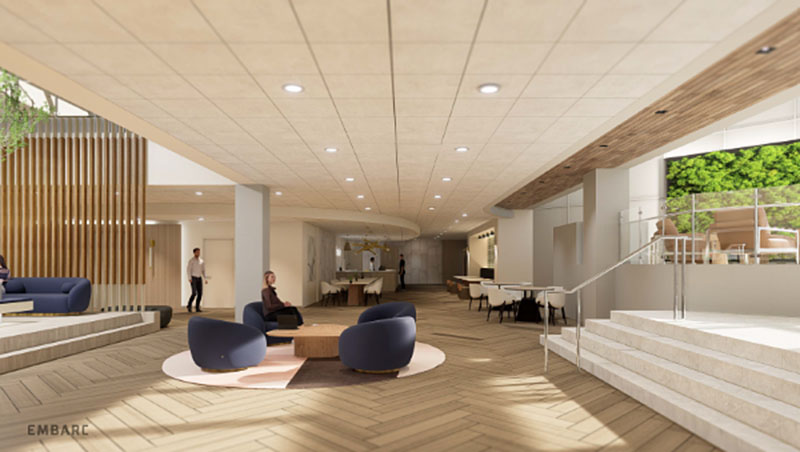No doubt our industry will be changed - by Christian Stallkamp

Looking back at my presidents message in March, I spoke about the need to be able to adjust in commercial real estate, with my direct quote being “you may never know what the next day / week / month will bring.” As I look back at that sentence I don’t think I could have even begin to have imagined what individuals, families and businesses are currently facing today with the current COVID-19 outbreak.
We are definitely in uncharted waters with no playbook of historical reference to look at. This surpasses the big economic events like the ‘73 recession, September 11, 2001 and 2008 financial crisis. At the time of writing this article, Morgan Stanley has projected jobless claims to hit 3.4 million, which would be five times the previous record. But with all this against us, I believe that the virus that has us isolated from each other will actually bring us together as a community to make us stronger. And it’s already happening around us.
Individuals, families and groups are helping those in need. I see restaurants like Laney & Lu in Exeter, N.H. providing free meals to first responders and hospital workers. I see young people reaching out to older high risk individuals to run errands. I see volunteers signing up to help the overstretched hospitals. And with three school age kids at home 11,9 and 7, I see an absolutely incredible effort by our teachers pivoting to provide online schooling and changing the way they teach. NHCIBOR has a nonprofit arm and 501c3 called NHCIBOR Cares. They have also mobilized and sent out donations to food pantries across the state. If you are in a position to be able to help with a donation, please feel free to send NHCIBOR Cares a check. Donations are tax deductible and we are 100% volunteer board. Please visit NHCIBOR.com for more details.
My week, like many, has been spent hunkered down in my makeshift home office trying to push those deals that are under contract over the finish line and turning interest into formal contracts. I am happy to report that all are headed to a positive outcome with a lot of creative deal making from all sides and parties. The recent push from registry’s to electronic closings are helping the process as are lenders, attorneys and all those involved who have worked remotely as best they could. We need to keep this line open so there is something to come back to once this all blows over, or if things get worse in N.H. I urge the governor to look at real estate as an “essential business” as classified by Maine’s governor Janet Mills on 3/25/2020.
State and the federal governments are adjusting monetary policy with a $2 trillion stimulus bill which will look to help those individuals and businesses in need. Governor Chris Sununu has also stepped up issuing a number of executive orders to help and assist our communities like unemployment benefits for the self-employed in addition to allowing for secure remote online notarizations.
There is no doubt our industry will be changed when we get out of this self-isolation. As a community though we will be stronger and will rise up to be able to help those in most in need. I wanted to personally thank all the hard working professionals on the front lines from the medical professionals, to the Amazon drivers and employees at our grocery stores and government buildings/services. I am truly grateful for the service that you are providing to all of us in these truly challenging times.
Christian Stallkamp is a senior broker with The Boulos Co., Portsmouth, N.H. and is the 2020 president of the N.H Commercial Investment Board of Realtors, Bedford, N.H.
PROCON and Hitchiner break ground on 57,000 s/f shared services operations facility








.png)